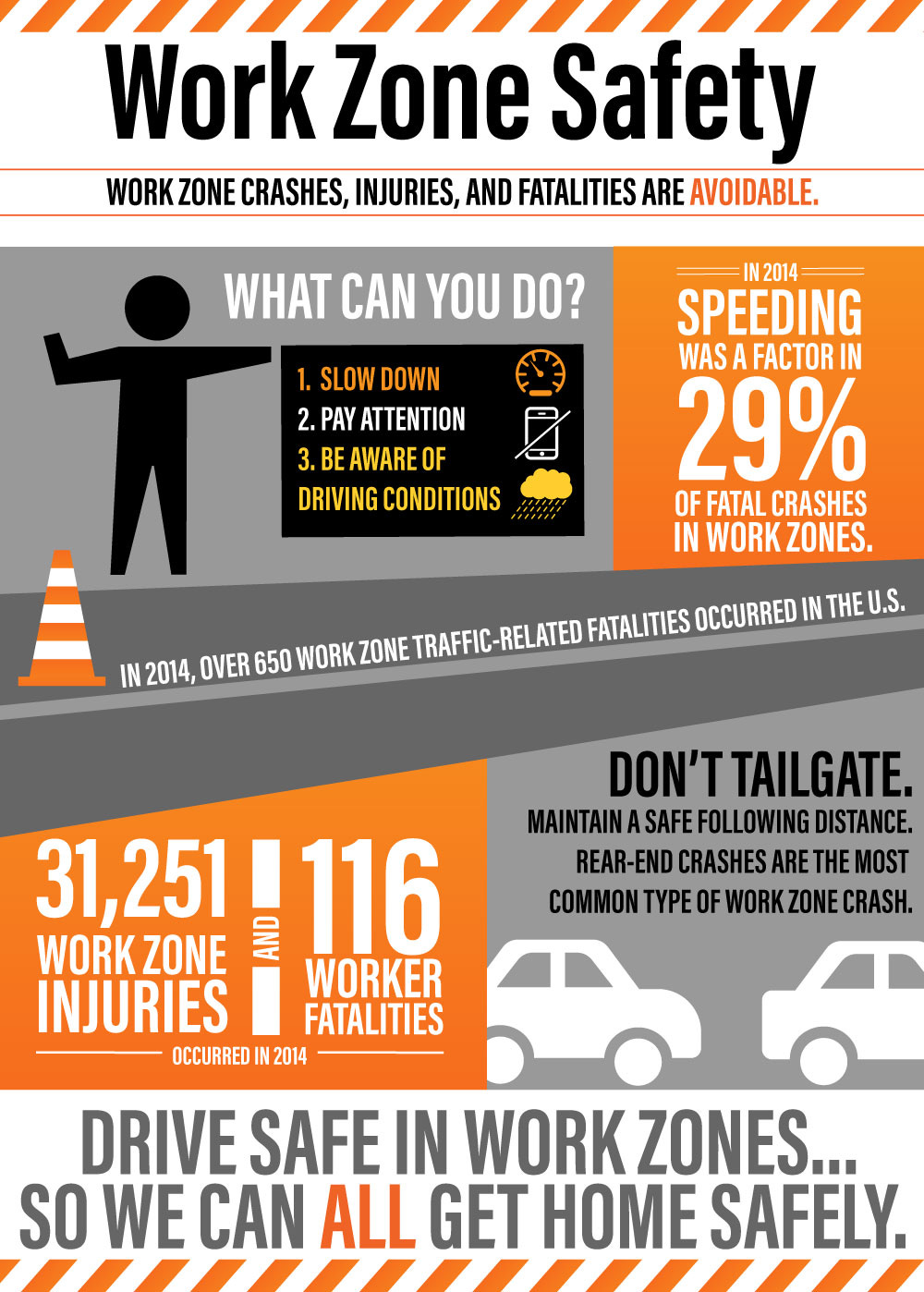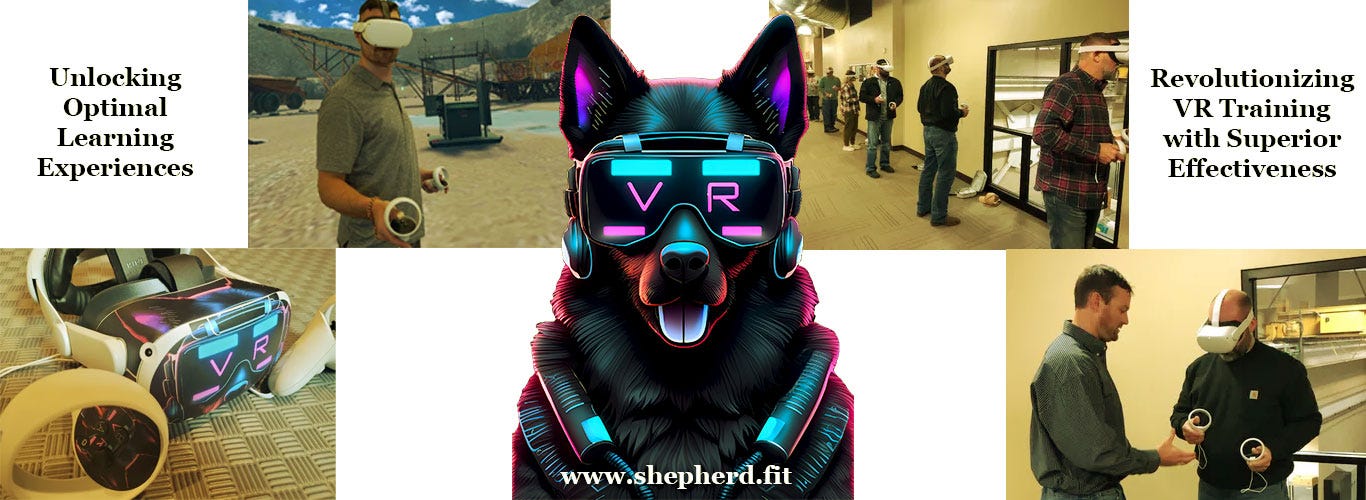Thomas Brewer, TB Group, discusses the high-stakes world of the energy industry, a focus on physical safety and community impacts, however, this discussion is from a mental well-being of workers POV (point of view).
As the industry navigates challenges ranging from volatile markets to demanding operational environments, addressing mental health is no longer an option but a necessity.
What is an onsite EAP Crisis Response? (Employee Assistance Program)
An onsite response is where a company seeks out the services of a professional to respond to their employees during a times of crisis. The onsite response times vary depending on each situation.
“We have had responses be as short as two hours of onsite response to as long as eight hours a day including multiply days,” Brewer said.
Here are some reasons you might have an onsite EAP Crisis Response (Please note this is not a complete list.)
A death of an employee (onsite a job site or off site after-hours)
Injury – Employee or Customer
Victim of Crime (Robbery, Active Shooter, etc.)
Company Restructuring
Company Downsizing
Understanding the Landscape:
The oil and gas sector operates in remote locations, enduring extended shifts, harsh climates, and physically demanding tasks. These conditions can contribute to stress, anxiety, and depression among workers. Additionally, the cyclical nature of the industry, coupled with job insecurity during downturns, adds to the mental strain.
The Human Element:
Behind the machinery and technology, it's essential to recognize the individuals powering the industry. From offshore rig workers to engineers in refineries, every role is filled by a person with unique mental health needs. Ignoring these needs not only affects individual well-being but also impacts productivity, safety, and overall operational efficiency.
Breaking the Stigma:
Historically, mental health has been a taboo topic in many workplaces, including oil and gas. However, the tide is turning as companies realize the value of prioritizing employee mental well-being. Initiatives such as employee assistance programs (EAPs), mental health awareness training, and access to counseling services are becoming more common.
Promoting Resilience:
Resilience is key in an industry known for its ups and downs. By fostering a culture that supports mental health, companies can help employees build resilience to navigate challenges effectively. This includes promoting work-life balance, providing resources for stress management, and encouraging open communication about mental health issues.
Driving Performance:
Investing in mental health isn't just a moral imperative; it's also a smart business decision. Studies have shown that employees who feel supported in their mental health are more engaged, productive, and loyal. Moreover, prioritizing mental well-being can reduce absenteeism, turnover, and workplace accidents, ultimately contributing to the bottom line.
Looking Ahead:
As the oil and gas industry evolves, so too must its approach to mental health. Embracing a holistic view of health and safety that encompasses both physical and mental well-being is essential for long-term sustainability. By fostering a culture of care and support, companies can create healthier, happier, and more resilient workplaces for all employees.
In the dynamic world of oil and gas, where challenges abound and resilience is paramount, nurturing the minds of workers is not just an option—it's imperative for success. By acknowledging the importance of mental health and taking proactive steps to support it, the industry can build a brighter, more sustainable future for all.
Brewer can be contact by his website or on LinkedIn.
If you or someone you know is considering suicide, contact the 988 Suicide and Crisis Lifeline by dialing 988, text "988" to the Crisis Text Line at 741741 or go to 988lifeline.org.
If you have an ESG-related news tip, press release, fabulous feature, podcast guest suggestion or other content concepts, please email thecontentcreationstudios(AT)gmail(DOT)com
Transform your safety training with Shepherd VR – The Future is Here! Dive into a new era of learning with our groundbreaking VR modules, designed to enhance retention and reduce workplace accidents.
Leveraging over a decade of industry expertise in mining and oil, Shepherd VR combines neuroscience and psychology with our innovative FIT methodology to revolutionize safety training. Experience the difference, elevate your training program, and see astounding results.
Ready to make safety training more effective and engaging? Visit www.shepherd.fit and join the discussion on LinkedIn for the latest updates!



















The Vital Role of Mental Health in Industry